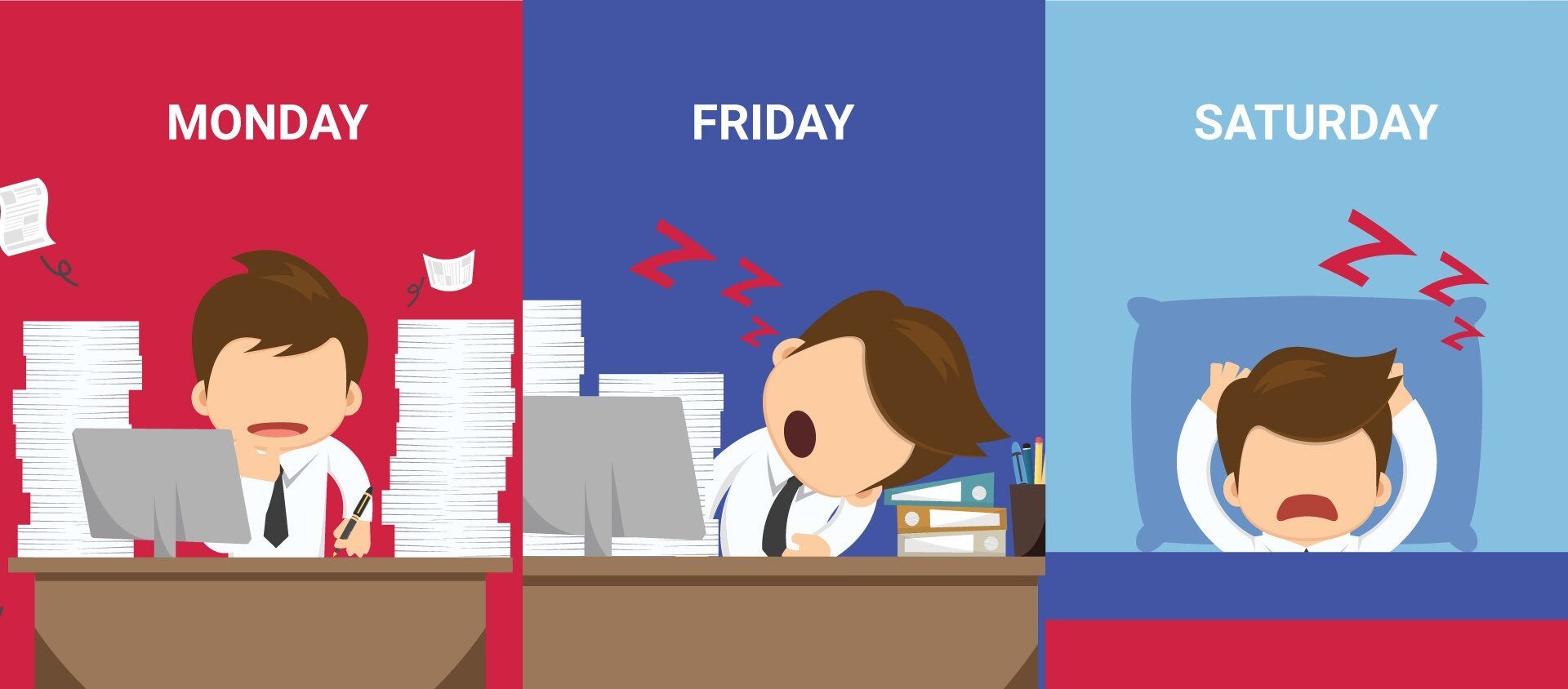Are you too stressed to sleep?
Unfortunately, stress and worry are a common part of life for many people.
Every day we battle challenges with relationships, work, family, finances – the list goes on!
Of course there’s also times when stress is much more prevalent and almost all-consuming; the loss of a loved one or a job, moving houses or trying to cope with change.
If you’ve ever been through something significantly stressful, you’d know that it can be difficult to switch off and get a healthy night’s sleep while your mind is fixated on a particular burden. In fact most people have experienced symptoms of insomnia at some point in their lives, and at any given time around 10 per cent of people have at least mild insomnia1.
Anyone who has endured this battlefield of the mind will know that stress can influence sleep – but it’s a vicious cycle, with the quality and quantity of your sleep also affecting how you manage stress in all of its forms.
The good news is that taking the effort to improve your sleep can help to reduce stress – and coping with stress can also help you sleep!
Striking the correct balance between the two is essential for your health; in order to clock up more sleep now, as well as in the long term.
How does stress affect sleep?
Stress affects sleep by making the body aroused, awake, and alert. That’s why it’s likely that people who are under constant stress or who have abnormally exaggerated responses to stress tend to have sleep problems2.
Stress may also limit the amount of time spent in deep sleep – which is the period of sleep most vital as that’s when the body repairs and restores itself. The brain chemicals connected with deep sleep are the same ones that tell the body to stop the production of stress hormones. Stress has been shown to decrease time spent in light and deep sleep, and increase time spent in REM sleep. REM is an important sleep stage for restoring mental function, a phase when the brain processes emotions and memories.
So if you’re not getting enough sleep at night, your body reacts by boosting its levels of stress hormones. This leads most people to feel even more stressed the following day and – you guessed it – increasingly more difficult to fall asleep that night. Even worse, stress hormones peak in the afternoon and early evening—just when you should be relaxing and preparing for slumber3.
How can sleep help stress?
Sleep is one of the best antidotes for stress.
Most adults need between seven to eight hours of sleep each night. When you’re tired, you become less patient and easily agitated, which can increase stress4.
Following a regular bedtime routine and doing what you can to ensure good quality rest will help calm and restore your body; let alone improving your mood, listening, eyesight, concentration and decision making5.
There are a number of strategies that can help you manage stress so that it doesn’t interfere with sleep.
Some of these tips include6:
- Assess what is stressful.
It might be easier said than done, but if there’s something big happening in your life that is stressing you out, do what you can to help solve the problem or improve it. If that means taking time off to sort out an issue, going on a holiday to clear your mind or having a difficult conversation with someone, you may want to consider doing so as once it’s resolved you’re on your way to that elusive castle on a cloud. - Establish a bedtime routine.
Whether it’s breaking out the bath bombs and pouring a nice hot bath or fixing yourself a cup of tea and snuggling in for a few chapters of a good book, winding down the right way can help calm your body into resting. It’s also a good idea to switch off your electric devices and make sure you’ve created an environment that’s conducive of sleep – that includes considering the noise factor. Read more about the right level of noise for a good night’s sleep here. - Learn to meditate.
Mindfulness changes your thought processes and if there’s something on your mind there’s no better way to forget it than to switch your focus to something else. Give breathing exercises a go, or actively name the highlights of your day or things that you’re thankful for. There’s a reason why the old stereotype in trying to drift off to sleep is to start to count sheep!
Keep in mind that it’s hard to mediate when your smartphone is glowing and buzzing by your bedside. Read more about this in our blog ‘Is Your Smartphone Turning You Into a Zombie?’ - Work it out.
Exercise is a sensational stress-solver, but it’s also vital for everyday health. Incorporate more exercise into your daily routine and realise how beneficial burning that energy is when it comes to winding down for the day. - Eat a healthy diet.
If you’re pecking away at pizza late at night and cradling a stomach full of carbohydrates, chances are you’ll be in for a long night. Try to eat your main meal well before bedtime and load up on the vegetables and healthy foods which are good for your overall health and wellbeing. Find out more about this in our blog ‘Eat Your Way To Better Sleep’. - Take our free online sleep assessment.
Our free online sleep assessment has been developed by the sleep experts at EdenSleep. The assessment is quick and easy to complete and is designed to help you find out what might be causing your sleep problems.
.webp?width=1158&height=143&name=Combined%20logo%20-%20Ecom%20Main%20300x200%20(1).webp)



